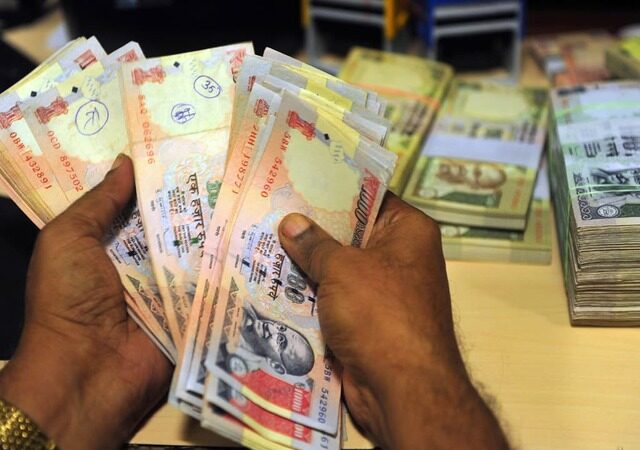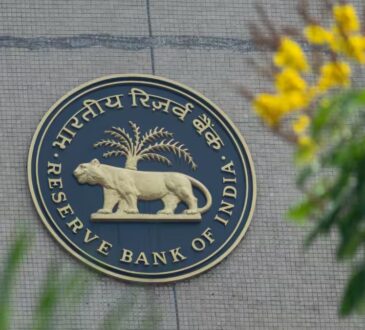
BENGALURU: Thailand’s baht lost the most among subdued Asian currencies on Wednesday, as the dollar edged up on the Fed chief’s cautious remarks regarding further monetary easing, while the Indonesian rupiah was pinned near a five-month low on fiscal worries. The baht fell 0.3% to a more-than one-week low of 31.95 per dollar.
Data showed that Thailand’s exports grew at their slowest pace in nearly a year due to a stronger baht and the impact of tariffs from the United States.
The baht was the region’s second-best performing currency this year with a near 7.4% gain.
Its rise to a four-year high earlier this month prompted the government to set up a team to address the appreciation and trace unidentified capital flows.
Lloyd Chan, a senior currency analyst with MUFG, expects the currency to trade in the range of 32.00–32.50 in the fourth quarter, due to Thailand’s strong external buffers and a broadly weaker dollar.
Other currencies in the region fell as the dollar index edged up 0.1%.
Fed Chair Jerome Powell struck a cautious tone overnight on further easing but markets are pricing in two more rate cuts this year, per CME’s FedWatch tool.
The Philippine peso fell as much as 0.4% to a three-week low, and the South Korean won inched down 0.3%.
The Indonesian rupiah weakened 0.1% to its lowest level since April 30.
Indonesia’s parliament on Tuesday approved President Prabowo Subianto’s budget proposal for 2026, which includes increased spending even as it aims to keep fiscal deficit below the legal limit.
Prabowo’s growth plans have sparked worries that fiscal credibility might be compromised, potentially leading to a weaker current account balance and higher inflation.




